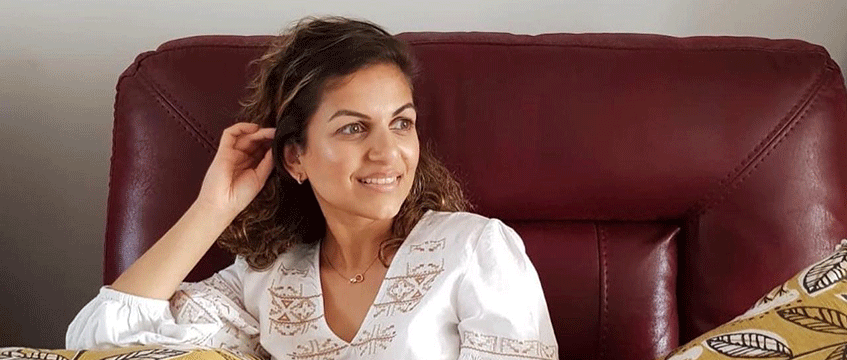Let’s talk about menstrual health
News
by
Priya Aggarwal-Shah and Lauren Doy
COMMENT Let’s be honest, most women have been there. You’re out and about, enjoying your usual activities, and then you get caught short. Often, there is a pharmacy or a supermarket close by to quickly purchase a few period products and the moment of panic is over.
However, for young women experiencing homelessness the solution is not always so simple. Life is often unstable. From not having a bed from one day to the next, to managing financially, the struggle is real, and the reality uncertain.
Yet, despite this challenge, in the context of periods, there is little research available about how women experiencing homelessness are really affected by their menstrual cycle and how they cope with access to products and toilets.
COMMENT Let’s be honest, most women have been there. You’re out and about, enjoying your usual activities, and then you get caught short. Often, there is a pharmacy or a supermarket close by to quickly purchase a few period products and the moment of panic is over.
However, for young women experiencing homelessness the solution is not always so simple. Life is often unstable. From not having a bed from one day to the next, to managing financially, the struggle is real, and the reality uncertain.
Yet, despite this challenge, in the context of periods, there is little research available about how women experiencing homelessness are really affected by their menstrual cycle and how they cope with access to products and toilets.
Charities driving change
In line with World Menstrual Health Day on 28 May, we at LandAid and BAME in Property wanted to understand a little more about how charities can support women in educating them around their periods, how they should be perceived and how to cope best in line with their own needs. We asked Binti Period, a charity partner of BAME in Property, and the Anah Project, one of the charities supported through LandAid funding.
Binti Period believes that every girl deserves menstrual dignity. It provides access to education about periods, access to pads, and advocates for freedom from stigmas and taboos surrounding periods.
The Anah Project provides multilingual support for women who have fled abusive environments. It aims to educate women on their human rights, increase their confidence and self-esteem and regain their independence. It does this by delivering support that focuses on a woman’s individual needs. This includes education on period health.
Both charities support women from many different cultures and backgrounds. The commonality they experience is how often the women that they work with feel ashamed of what they are experiencing every month. They feel that it’s both unsanitary and dirty.
Collectively we want to change this conversation, from hygiene and sanitation to dignity and provision. Periods should be perceived as a healthy part of life, as opposed to something that ought to be hidden.
The Anah Project is experienced in dealing with conversations around period health and provides regular training sessions to act as a factual sounding board for the women at its centre. It also shares information packs which have been translated into multiple languages, including Urdu and Punjabi.
Harsh reality
The financial instability that comes with homelessness means that many women can find it difficult to acquire the basic necessities needed to manage a healthy period. The women at the Anah Project are provided with period products as part of the regular routine when they arrive at the centre.
However, Binti Period has found that women with less access to support often resort to using toilet paper during their period because this is readily available in public buildings. This predicament is exacerbated in young people who can feel too embarrassed to ask for help. Despite vending machines being present in many public toilets across the UK, women do not always have the means to pay for these.
The built environment industry and individuals can all play a part in changing the narrative of period health and providing the right resources and support to all women from all backgrounds.
First, real estate companies can encourage the implementation of free period products in public spaces across the UK. This would have considerable impact on the social infrastructure of the country for women. For young women experiencing homelessness, in particular, this small change would create feelings of security. From shopping centres to supermarkets and libraries, real estate companies have key leverage in ensuring the facilities they own are providing everything they can.
Secondly, we can all talk collectively about period health in a new light. Own the conversation and encourage dignity and provision.
Finally we can all, as individuals and companies, keep providing support through donations, both monetary and physical health products, to those charities creating a safe space and helping those who need it most.
Priya Aggarwal-Shah is founder of BAME in Property and Lauren Doy is communications and engagement manager at LandAid











